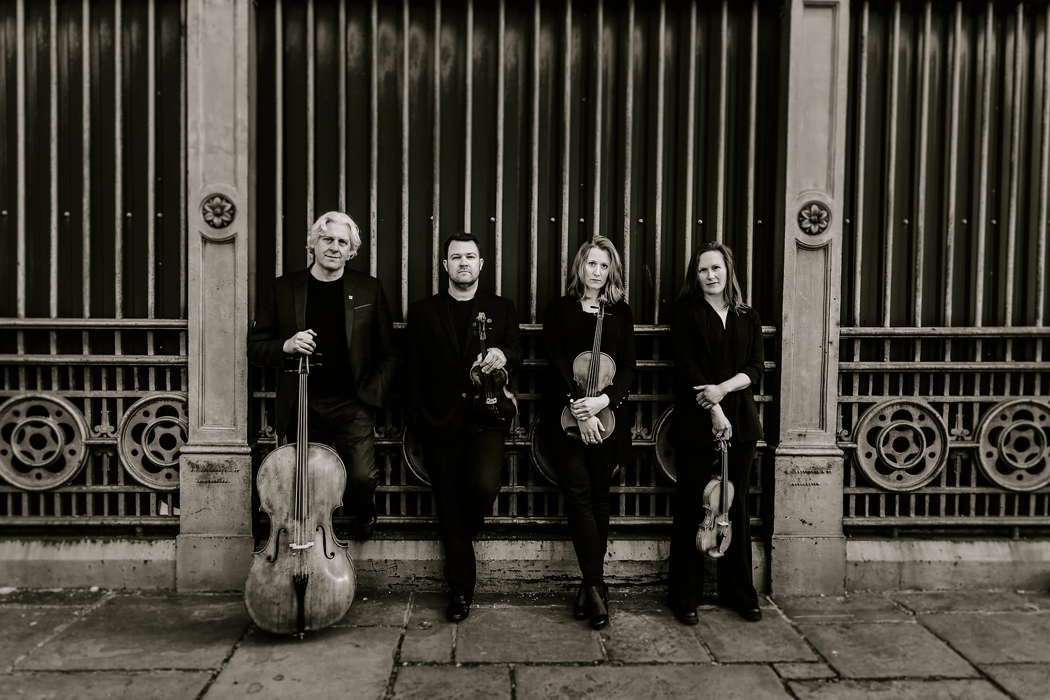Unanimity and Feel for Lively Interaction
MIKE WHEELER hears music by Bridge, Elgar and Brahms from the Dante Quartet
Across various changes of membership, the Dante Quartet has long been one of the UK's leading ensembles. The players' unanimity and feel for lively interaction ensured that their Buxton Festival programme - St John's Church, Buxton, UK, 8 July 2024 - opened with a vibrant account of Frank Bridge's Three Idylls. They conveyed an apt sense of the first piece feeling its way at the start, reminiscent of the third movement of Debussy's Quartet, a reminder that Bridge played in the work's English premiere. The lighter central passage that followed had just the right touch of reticent playfulness, before the profound meditation of the muted ending. The slow waltz that starts No 2, the starting-point for Britten's Variations on a Theme of Frank Bridge, swayed gently, before the music took a chirpier turn, then ended in a haunted place. The frisky third Idyll set off with a firm sense of purpose, and the final statement of the big theme sailed out impressively.

The Dante Quartet. From left to right: Richard Jenkinson, cello, Ian Watson, violin 2, Carol Ella, viola and Zoë Beyers, violin 1
Passages of haunted longing in Elgar's String Quartet in E minor suggest that he and Bridge were sometimes not that far apart, expressively. The Dante Quartet caught the first movement's elusive, ambivalent tone - firm and questioning at the same time, restlessness giving way to stillness, and vice versa. In the poignant second movement, the quartet conveyed the middle section's drowsiness, and gave the muted ending a far-away feel. The third movement began and ended in a sturdy, sinewy frame of mind, with a finely-judged degree of the uncertainty in the middle of the movement.
In the first movement of Brahms' String Quartet in C minor, Op 51 No 1, the players established a strong current from the start, with the off-kilter rhythms allowed to push through. The tranquillity they found in the second movement had room for the central passage's quiet intensity to make its full effect, after which the third movement came across as a slow, melancholy polka, with a more flowing, lilting trio section. Their robust handling of the finale accommodated the calmer moments without strain.
Copyright © 2 August 2024
Mike Wheeler,
Derby UK





